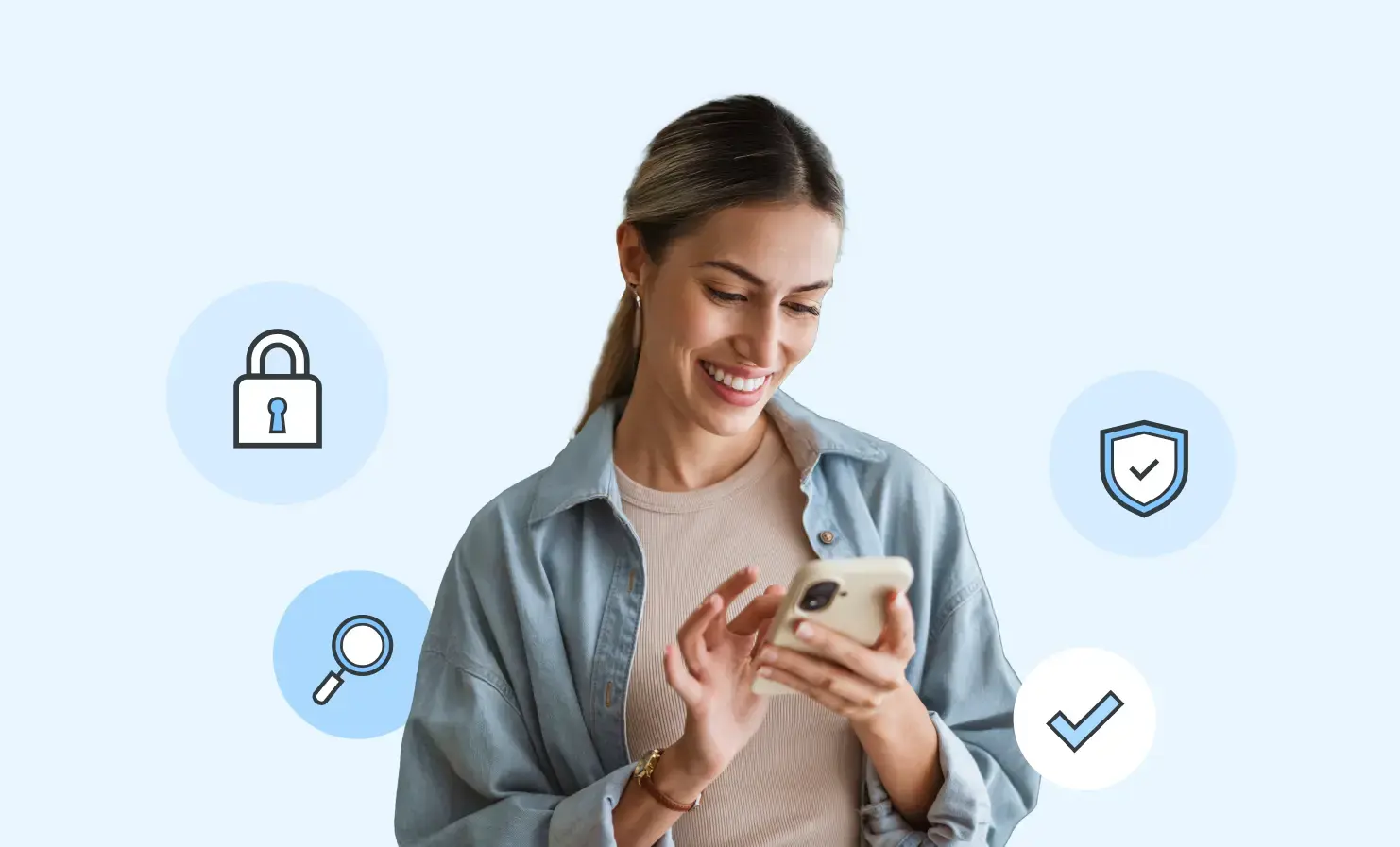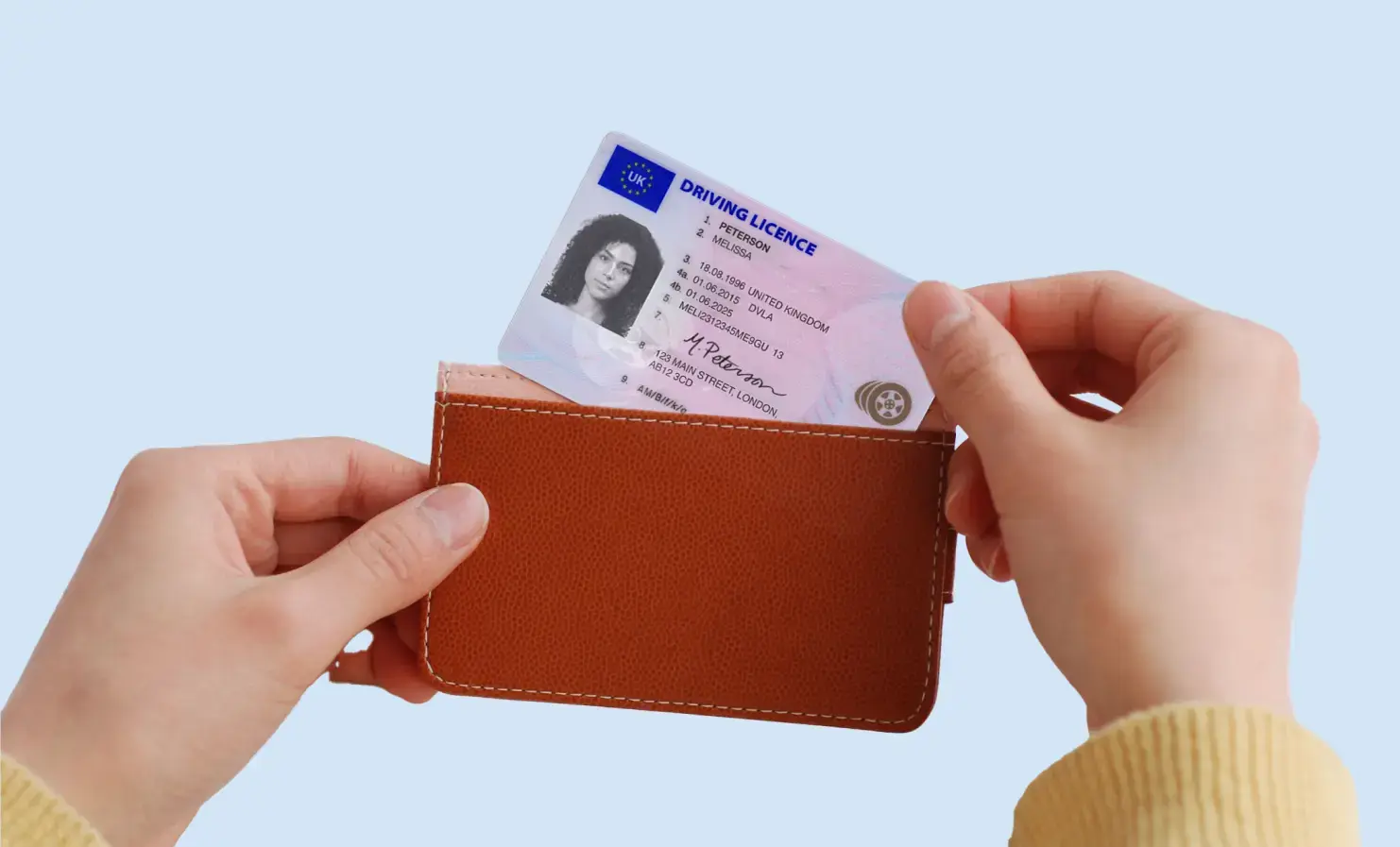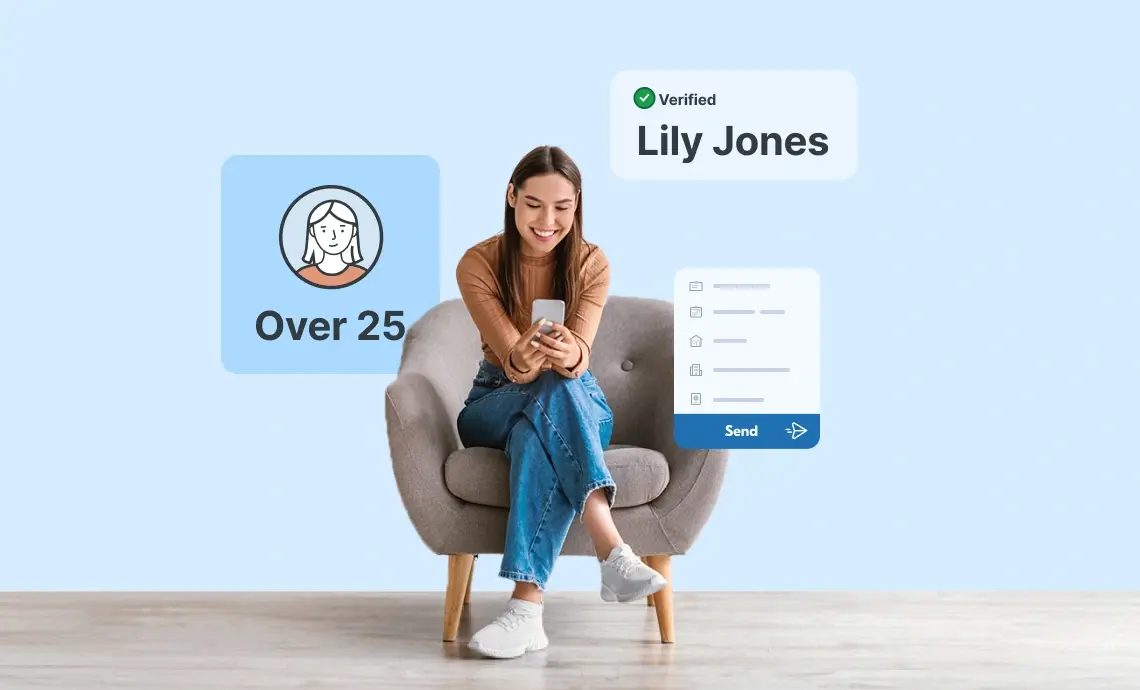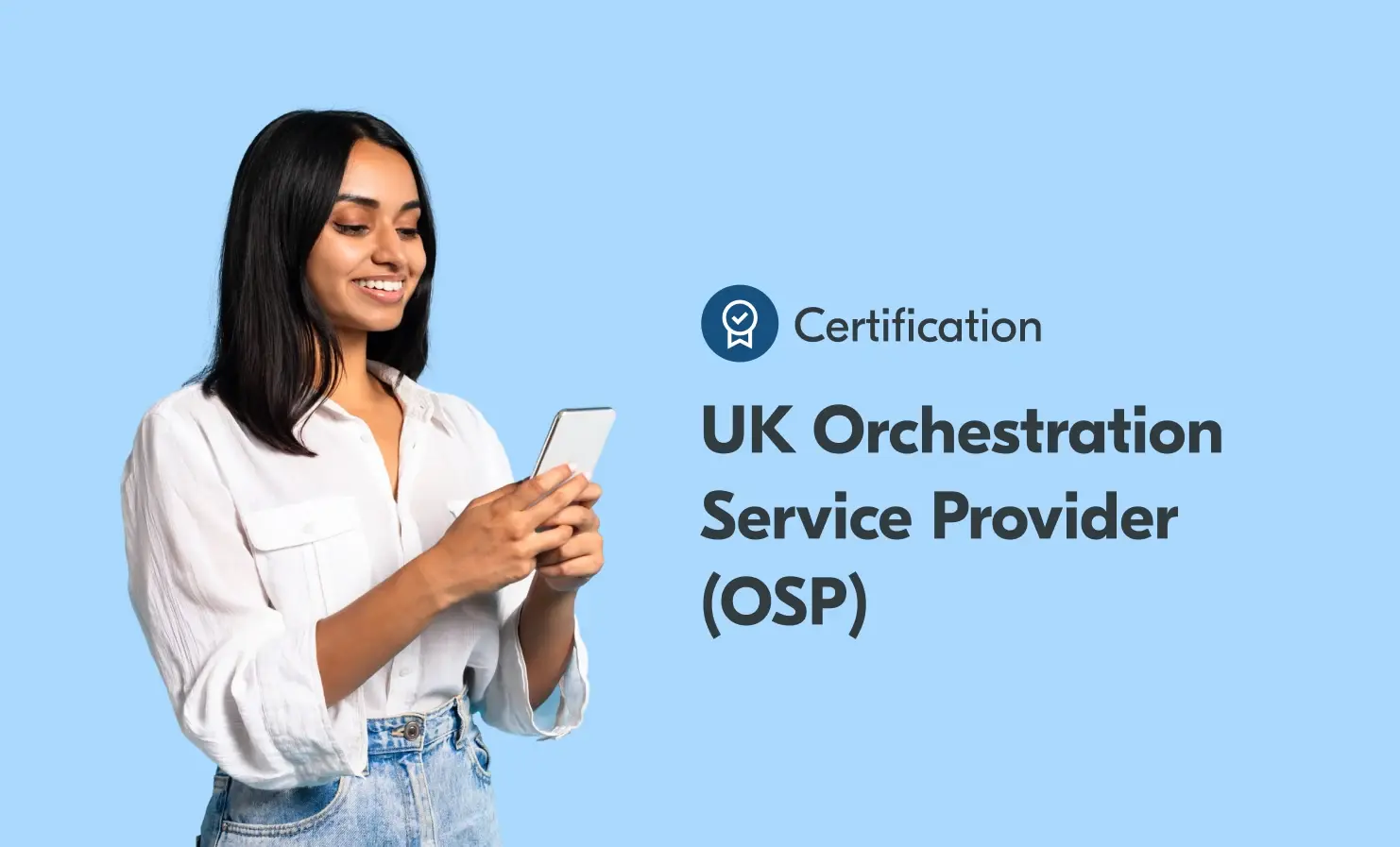Digital ID
Digital IDs are already here and working
The conversation around digital IDs in the UK is gaining pace. The government is exploring the introduction of a mandatory national digital ID, with some even pushing for physical national ID cards. The upcoming GOV.UK Wallet app will enable over 40 million drivers and over 50 million passport holders to store government-issued credentials. Whilst this is generating debate, it’s important to recognise that the UK already has a secure, privacy-focused digital ID system in place. This is with the Digital Identity and Attributes Trust Framework, known also as DIATF. This framework isn’t a competing model to the government’s digital
Freshers' Survival Guide: Why you'll want Yoti on campus
Going to university is one of the most exciting times in your life. However, we know there’s a lot to juggle with adjusting to a new environment, meeting new people, managing your workload and discovering the freedom of living away from home. Thankfully, we’ve got the technology to help make your transition to university life smoother. We’ll walk you through how the Yoti Digital ID app can help you with everything from proving your identity for part-time jobs to getting discounts and even future-proofing your social life. Here’s how Yoti can help you out. What is a Yoti
The hidden risks of carrying your physical ID
We’re swapping paper receipts for email confirmations, trading physical tickets for digital ones and many of us don’t even think twice about tapping our phones to pay. But there’s one thing most of us still carry around and use the old-school way: our ID. Whether it’s your driving licence or a national ID card, chances are it’s tucked into your wallet, pocket (or even wedged into the back of your phone case). If you don’t have those, you might even need to take your passport around. It feels normal, and even necessary. But is it really the smartest way
Your everyday digital essential: the Yoti Digital ID app
Think of the Yoti Digital ID like a Swiss Army knife – compact, versatile and ready for just about anything. It’s more than just a way to prove who you are; it’s a powerful, multi-use digital identity that fits in your pocket. Whether you’re proving your age, verifying your identity or securely swapping details with another person, the Yoti app brings everything together in one place. It’s a single, secure app packed with features designed to simplify your life, protect your privacy and give you control over your personal information. Key features Privacy-preserving – share only the details
UK Government to formally recognise digital identities in new MLR guidance
In a major policy development, the UK Government has announced new guidance that will formally recognise certified digital identities as valid tools for complying with the UK’s Money Laundering Regulations (MLRs). HM Treasury and the Department for Science, Innovation & Technology (DSIT) made the announcement last month as part of a wider consultation response on Money Laundering Regulations. The public consultation had nearly 200 industry responses, from sectors including finance, tech, regulators and civil society. It aims to resolve longstanding uncertainty over how regulated firms can use digital identity services to meet anti‑money laundering (AML) and customer due diligence
Yoti is now a certified Orchestration Service Provider (OSP) under UK Digital Identity and Attributes Trust Framework
Yoti is now a certified Orchestration Service Provider (OSP) under the UK’s Digital Identity and Attributes Trust Framework (DIATF), just weeks after the UK Data Act received Royal Assent. Following a rigorous audit to ensure compliance with the UK DIATF’s strict requirements for OSPs, we have been awarded this certification by the Kantara Initiative. This milestone builds on our commitment to deliver trusted, secure, and inclusive digital identity solutions for people and businesses across the UK. Simple and inclusive access to trusted digital IDs Digital IDs are no longer the future, they’re here. We’ve had over 6.5m downloads






